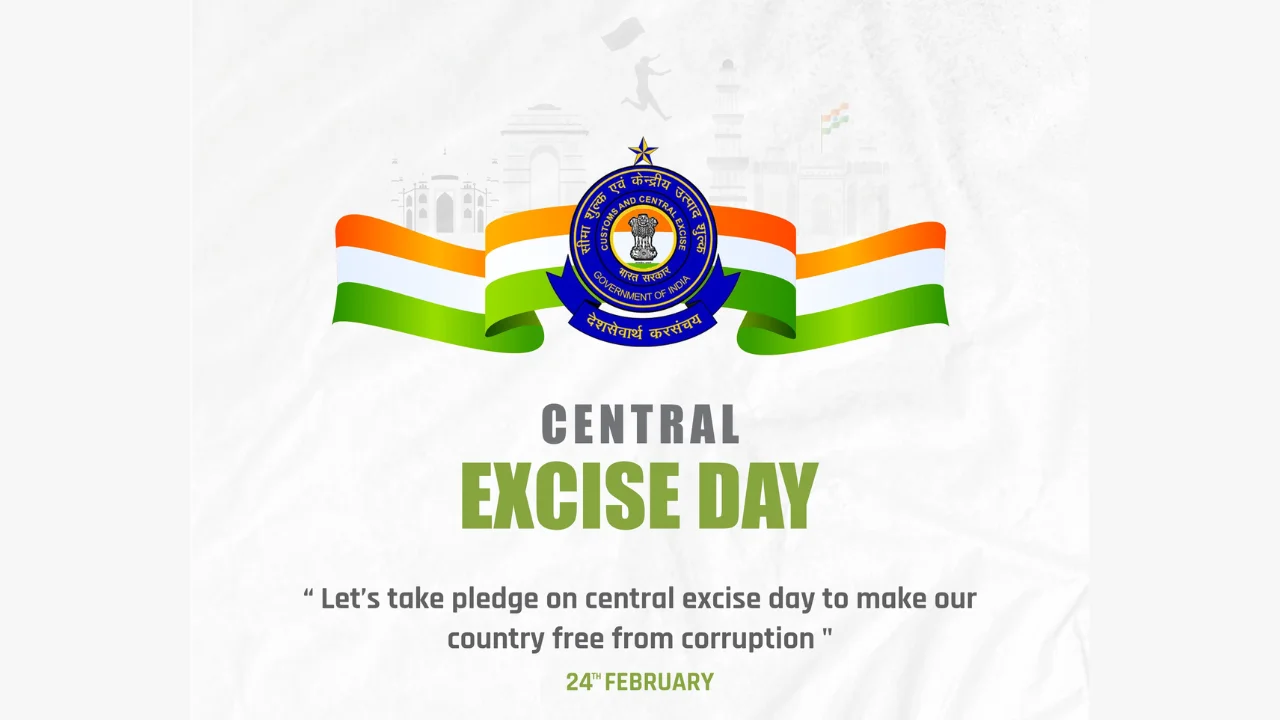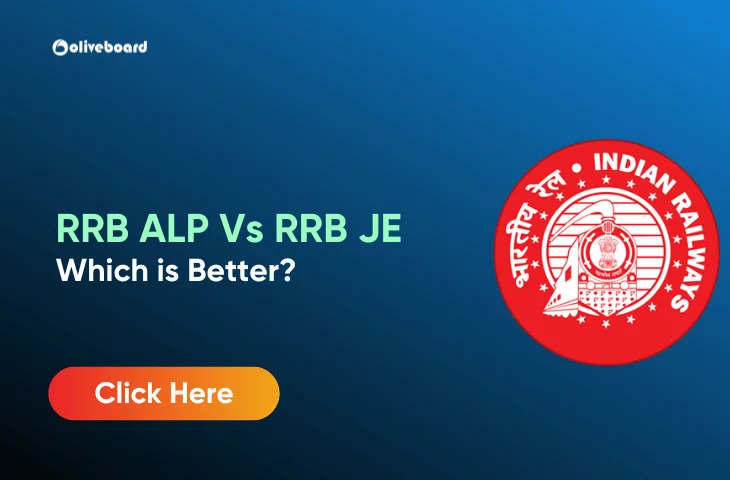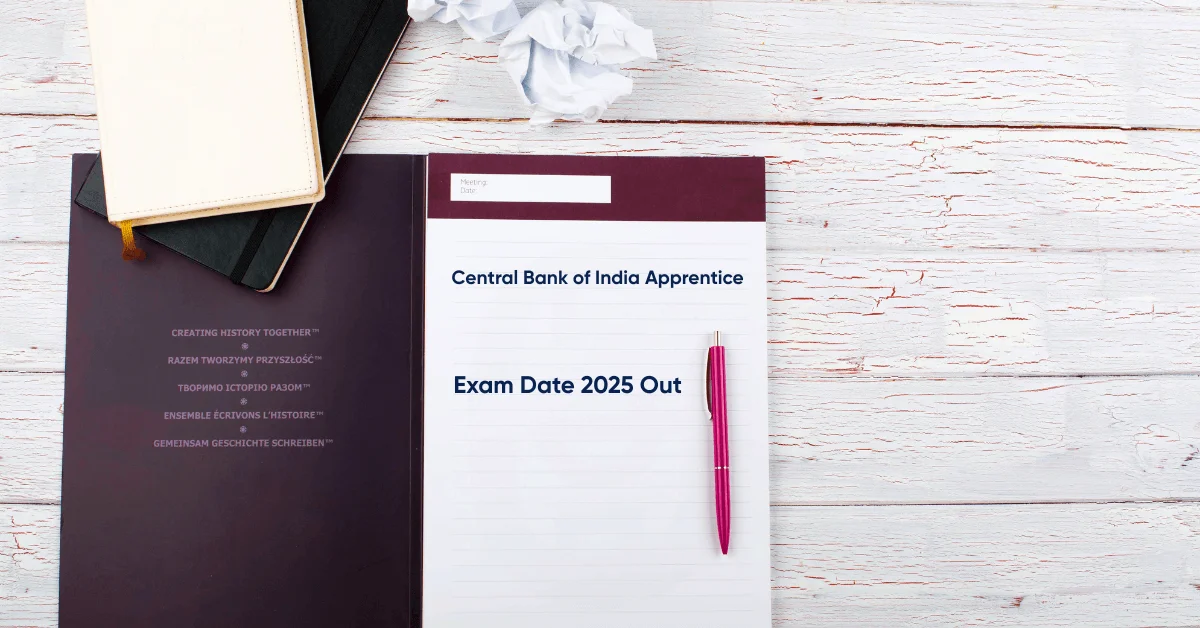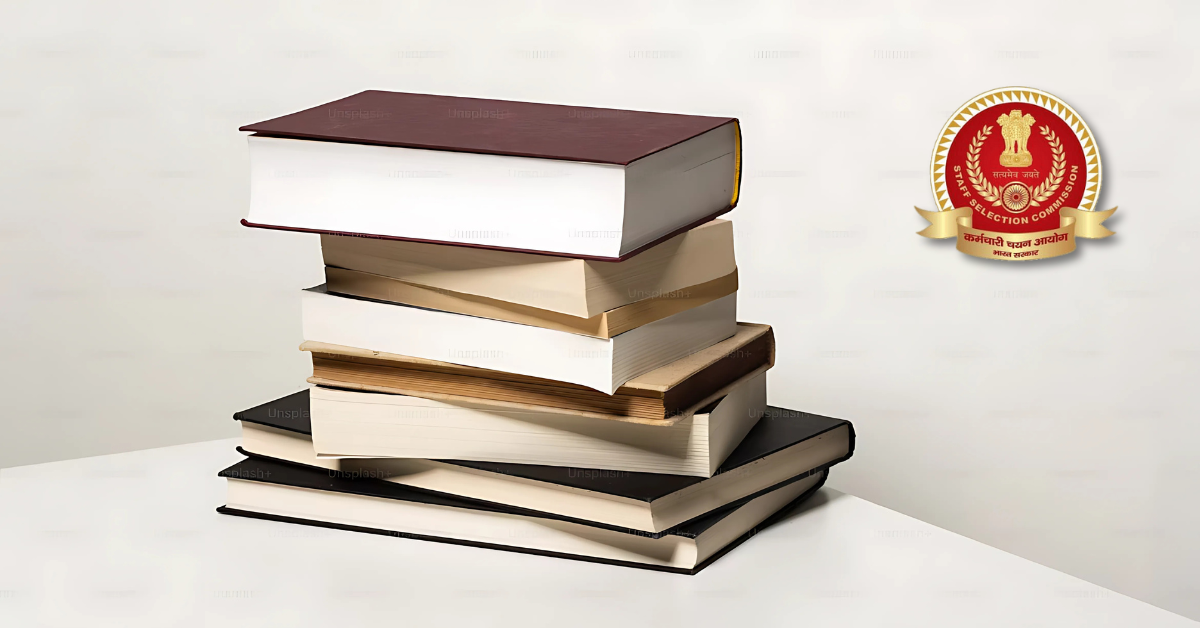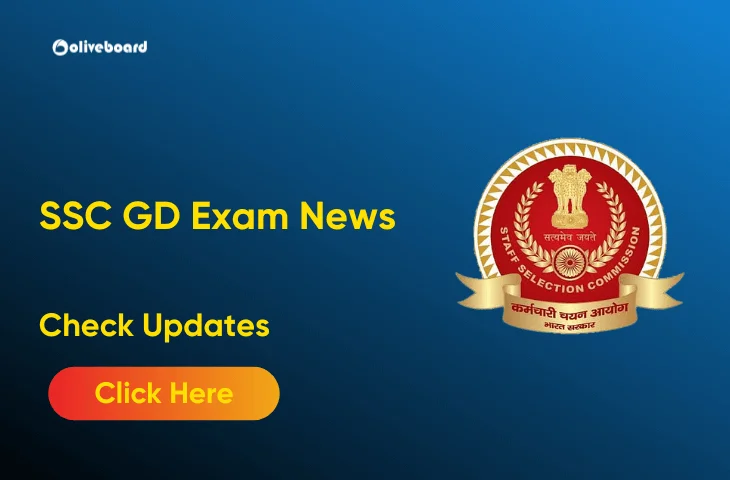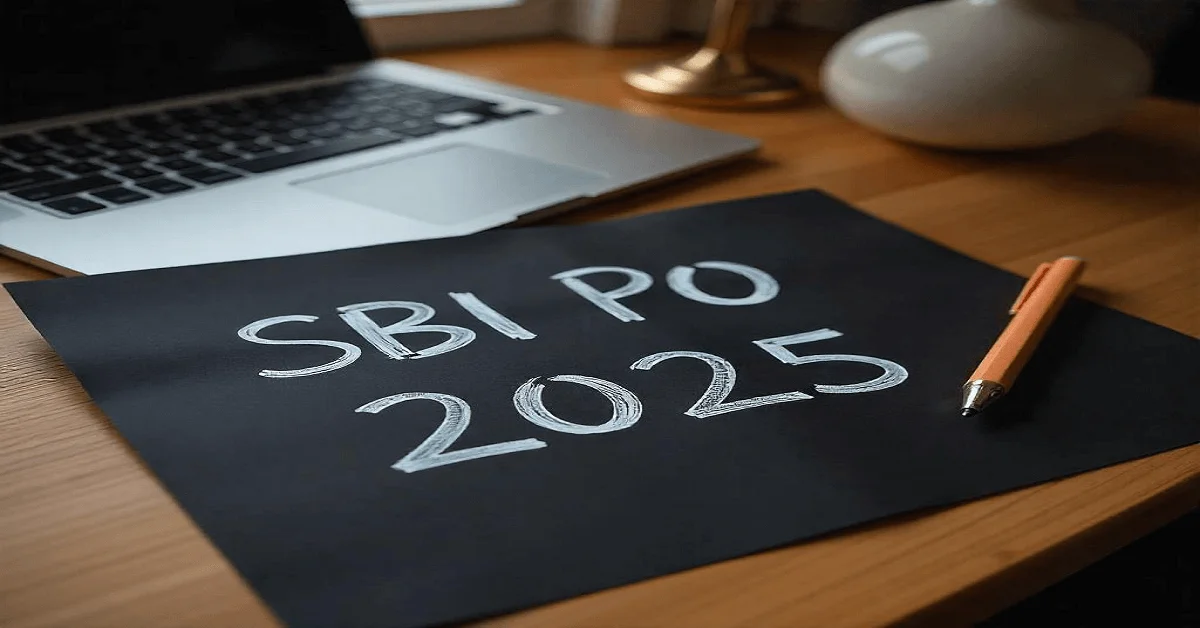Central Excise Day 2024
Central Excise Day, celebrated annually on February 24th, commemorates the enactment of the Central Excise and Salt Act, 1944. This day honors the dedication and contributions of the Central Board of Indirect Taxes and Customs (CBIC) and its officers in facilitating trade and industry while ensuring revenue collection for the country’s development.
Central Excise Day Theme 2024
While an official theme for Central Excise Day 2024 hasn’t been announced yet, some potential themes could be:
- “Simplifying Tax Processes for a Prosperous India”
- “Promoting Trade and Industry through Efficient Customs Administration”
- “Building a Nation of Taxpayers: Fostering Compliance and Transparency”
- “CBIC: A Catalyst for Economic Growth and Development”
- “Celebrating 80 Years of Service: CBIC’s Commitment to Nation Building”
History of Central Excise Day
Central Excise Day, celebrated annually on February 24th, reflects on a rich history intertwined with the evolution of India’s taxation system. Let’s delve into its origins and key milestones:
Pre-Independence Era
- Excise duty, a tax levied on the production or consumption of goods within a country, existed in India long before independence.
- Initial attempts at centralized excise administration began in the early 1920s.
- However, the system faced challenges due to administrative complexities and inconsistencies between different provinces.
Central Excise and Salt Act, 1944
- In 1944, the newly independent Indian government enacted the Central Excise and Salt Act.
- This landmark legislation established a unified system for collecting excise duty throughout the country.
- It also marked the official formation of the Central Excise and Salt Department, now known as the Central Board of Indirect Taxes and Customs (CBIC).
Post-Independence Era
- The Central Excise and Salt Act underwent various amendments and revisions to adapt to changing economic conditions and fiscal needs.
- The department played a vital role in mobilizing resources for India’s development initiatives, including infrastructure projects and social welfare programs.
- It also contributed to promoting domestic industries by implementing protective tariffs and other measures.
Evolution
- Initially, the day commemorated the enactment of the Central Excise and Salt Act.
- Over time, the focus expanded to celebrate the achievements of the CBIC and its officers.
- The day also serves as an opportunity to raise awareness about the importance of excise duty in nation-building.
Modern Significance
- Today, Central Excise Day continues to be a significant event for the CBIC and the nation.
- It serves as a reminder of the department’s history and its ongoing commitment to:
- Simplifying tax processes for businesses.
- Promoting trade and industry.
- Ensuring efficient customs administration.
- Fostering a culture of compliance and transparency in the tax system.
- Encouraging taxpayers to fulfill their responsibilities.
Looking Forward
Central Excise Day remains an important occasion to celebrate the past, acknowledge the present, and look toward the future. As the CBIC continues to adapt and evolve, this day serves as a reminder of its crucial role in shaping India’s economic growth and development.
Significance of Central Excise Day
This Day plays a vital role in:
- Building trust between the government and taxpayers.
- Enhancing the efficiency and effectiveness of the tax system.
- Promoting sustainable economic growth and development.
- Creating a fair and equitable tax system that benefits all citizens.
As India continues to grow and evolve economically, the role of the CBIC and the importance of this day will continue to be paramount. By celebrating the achievements of the past and looking toward the future, this day continues to inspire dedication and commitment to building a stronger and more prosperous India.
Central Board of Indirect Taxes and Customs (CBIC)
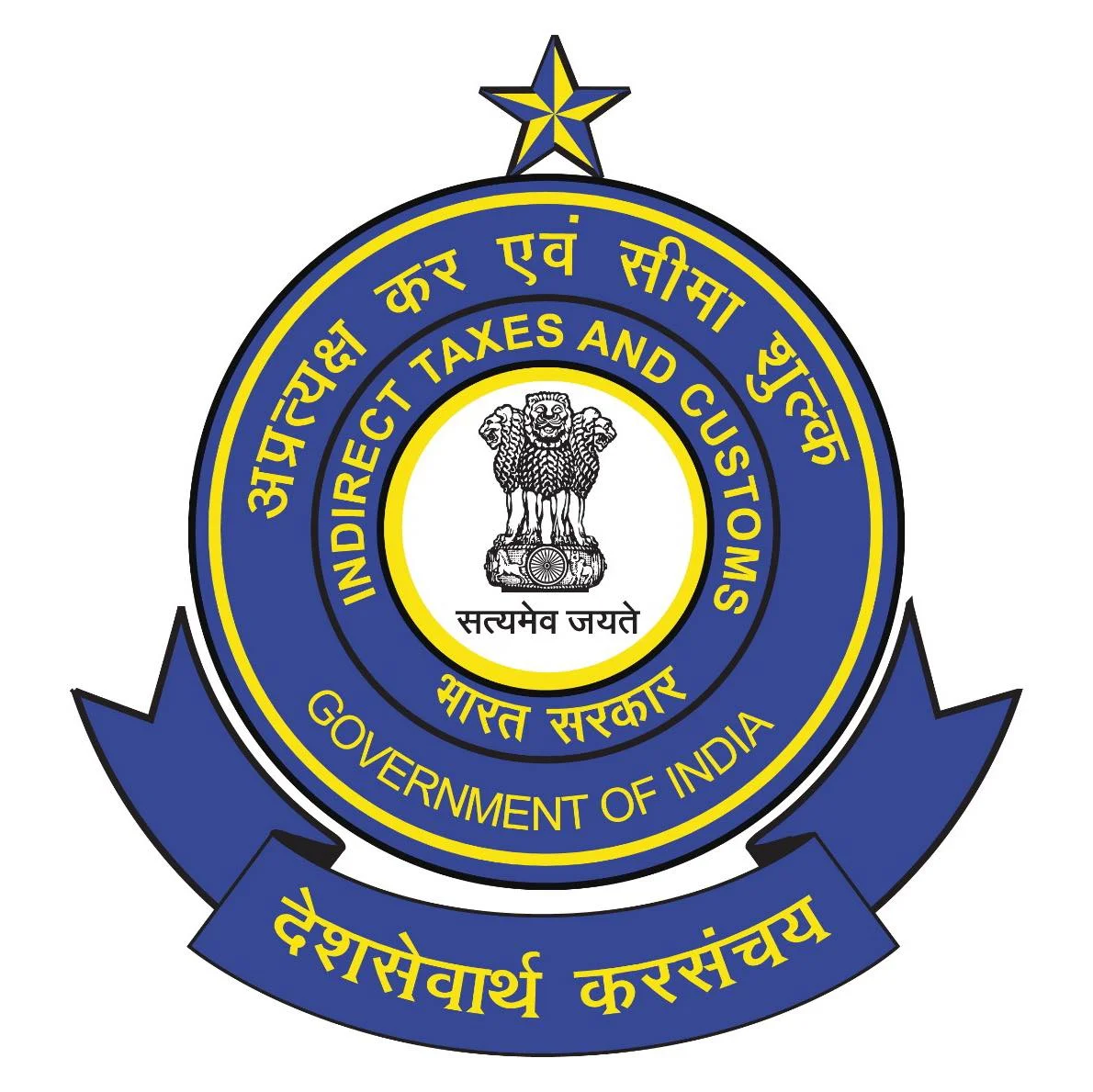
The Central Board of Indirect Taxes and Customs (CBIC) is the apex body responsible for the administration of indirect taxes in India. It is part of the Department of Revenue, under the Ministry of Finance.
Responsibilities of CBIC
- Administration of Indirect Taxes: This includes excise duty, customs duty, service tax, and GST.
- Trade Facilitation: Facilitating international trade by simplifying and streamlining customs procedures.
- Enforcement and Investigation: Ensuring compliance with tax laws and regulations through investigations and prosecutions.
- Policy Formulation: Formulating and implementing policies related to indirect taxes and customs.
- Taxpayer Services: Providing information and assistance to taxpayers on various aspects of indirect taxes and customs.
- Revenue Collection: Collecting indirect taxes and customs duties on behalf of the Government of India.
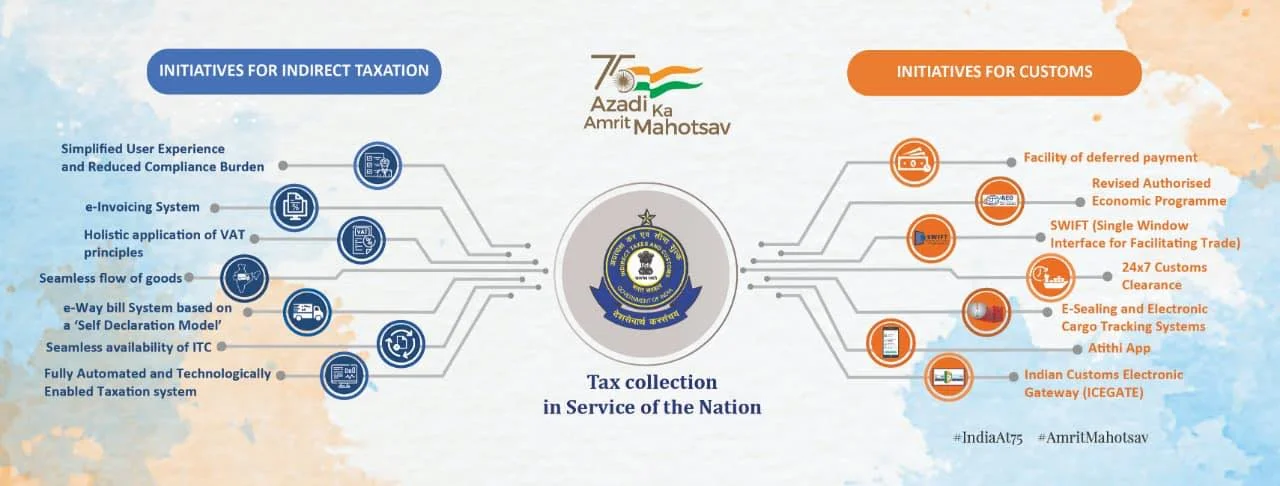
Structure of CBIC
- The CBIC is headed by a Chairman, who is an ex-officio Secretary to the Government of India.
- The Board consists of seven Members, each responsible for a specific area of indirect taxes and customs.
- The CBIC has a nationwide network of field formations, including zonal offices, customs houses, and central excise divisions.
24th February 2024 Special Day
On the 24th of February 2024, Central Excise Day pays tribute to the enactment of the Central Excise and Salt Act, 1944. This annual celebration acknowledges the pivotal role played by the Central Board of Indirect Taxes and Customs (CBIC) and its dedicated officers. It honors its commitment to facilitating seamless trade and industry operations while ensuring crucial revenue collection for the overall development of the nation.
- RRB ALP Vs RRB JE, Which is Better Job?
- Central Bank of India Apprentice Exam Date 2025 Out
- SSC CHSL English Syllabus 2025, Check Detailed Syllabus
- SSC GD Constable Exam News & Next Notification Update
- SBI PO Handwritten Declaration 2025, Format, Image Size
- Biology MCQs for SSC CGL, Get Solved Questions with Answers

Hello, I’m Aditi, the creative mind behind the words at Oliveboard. As a content writer specializing in state-level exams, my mission is to unravel the complexities of exam information, ensuring aspiring candidates find clarity and confidence. Having walked the path of an aspirant myself, I bring a unique perspective to my work, crafting accessible content on Exam Notifications, Admit Cards, and Results.
At Oliveboard, I play a crucial role in empowering candidates throughout their exam journey. My dedication lies in making the seemingly daunting process not only understandable but also rewarding. Join me as I break down barriers in exam preparation, providing timely insights and valuable resources. Let’s navigate the path to success together, one well-informed step at a time.
